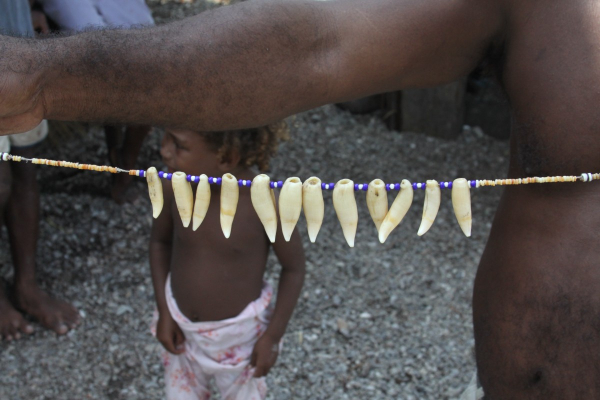IWC Workshop: Understanding Small Cetacean Catches
The third and final workshop takes place in Nairobi this week, in a series focused on poorly documented takes of small cetaceans.
In some parts of the world, small cetaceans are caught for food, bait, trade or use in traditional customs. These catches are small-scale, sometimes opportunistic and usually poorly documented. Some are thought to be at unsustainable levels for the populations concerned, and so the IWC has a work programme in place to better understand these catches.
A ‘toolkit’ has been developed to share investigative techniques which can be used by local groups to collect data. This includes forensic skills such as on-the-spot DNA analysis, which might be used to identify marine mammal meat at market points, and zoonotic sampling techniques to test for disease. The toolkit also teaches participants how existing research data can be used to assess trends, patterns and hotspots.
The first two workshops took place in Thailand in 2016 and Brazil in 2018. The third and final workshop in the series runs over three days and will be held just before the annual meeting of the IWC Scientific Committee, in Nairobi later this month.
Participants from nine African countries will attend the workshop. Some have had very little or no previous engagement with the IWC and this is also a valuable opportunity for the IWC to improve its understanding of the cetacean health, threats, and research efforts in their regions.
The workshop runs from 7-9 May.
For more information on small cetaceans click here.

